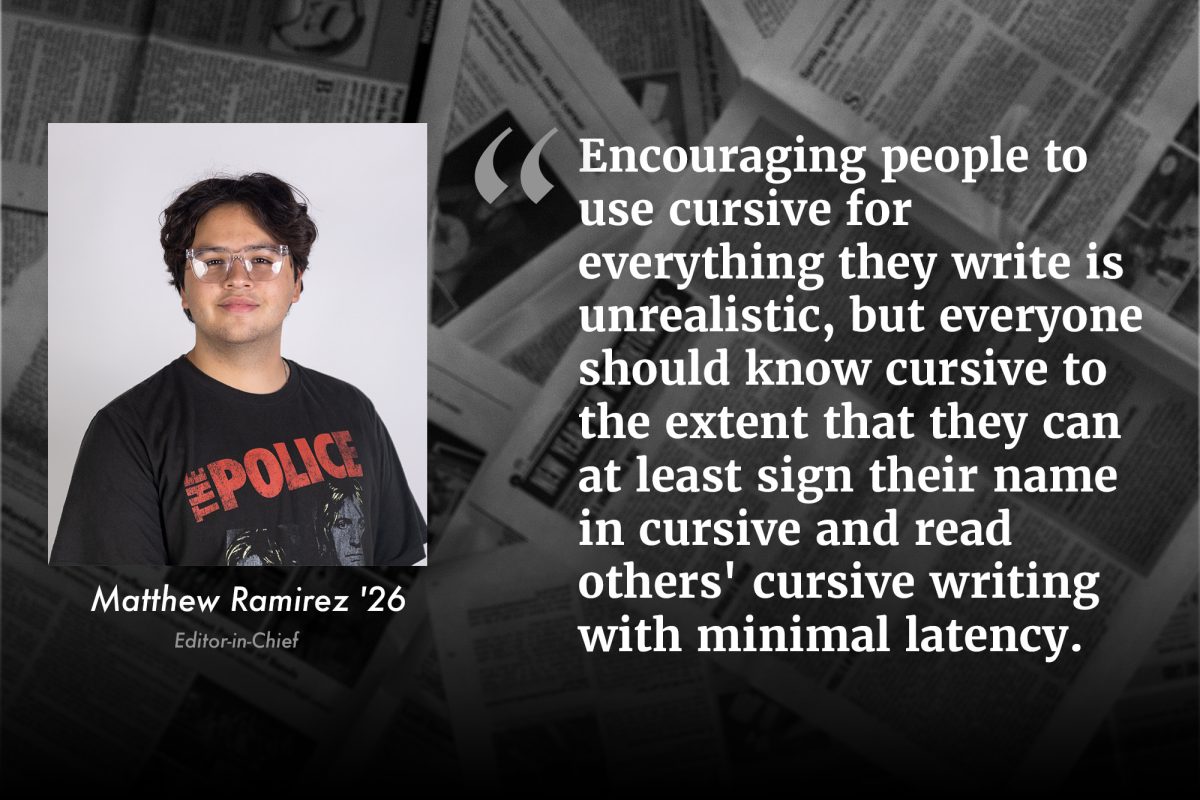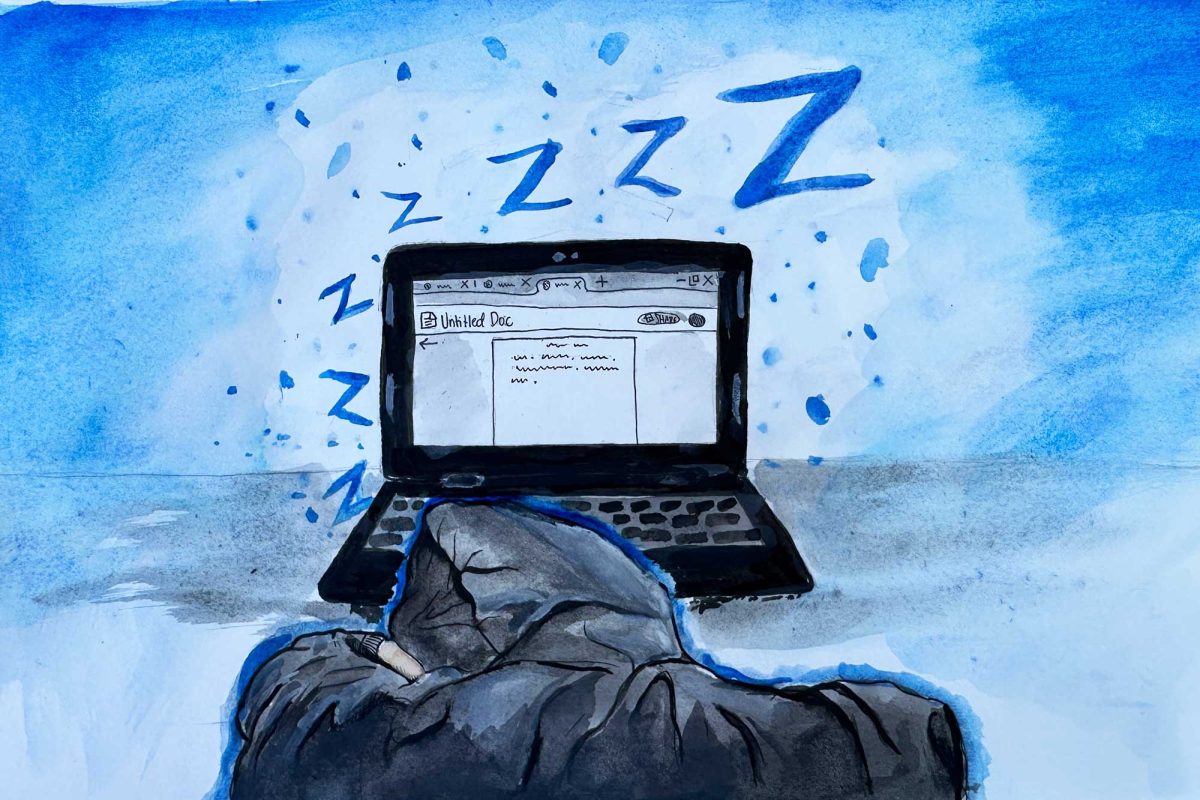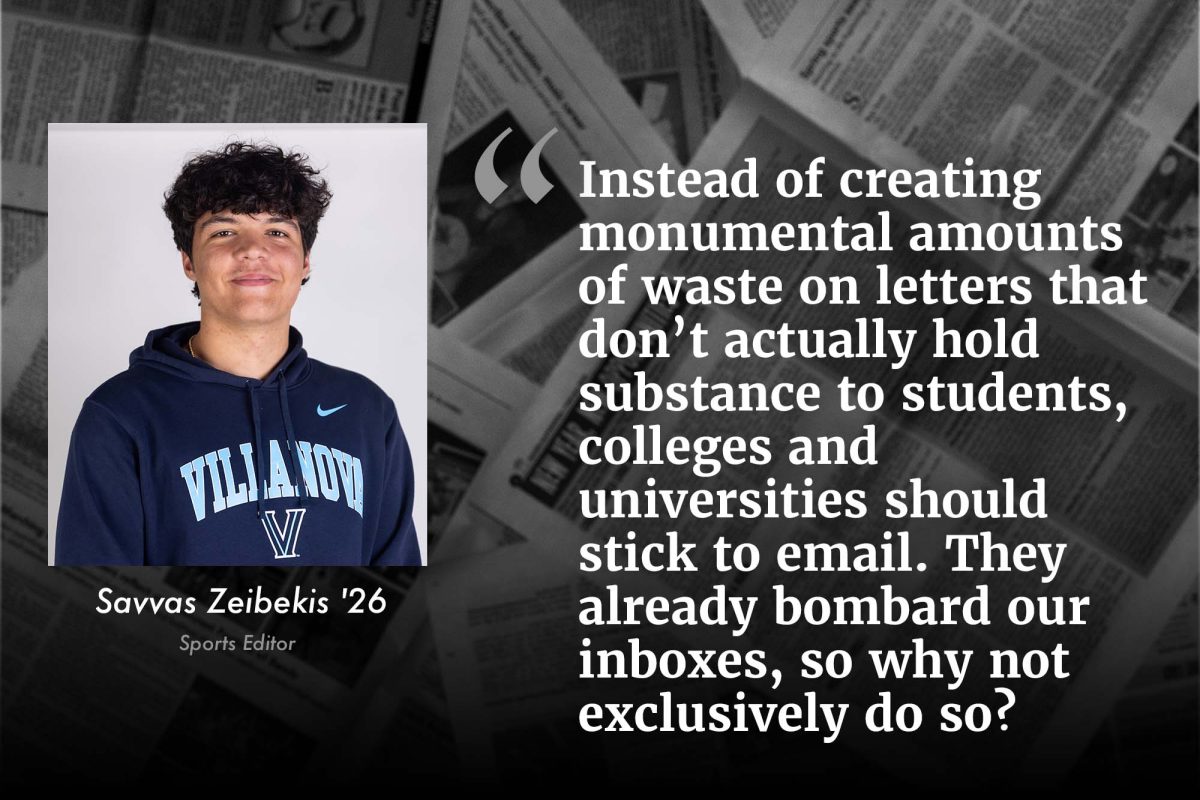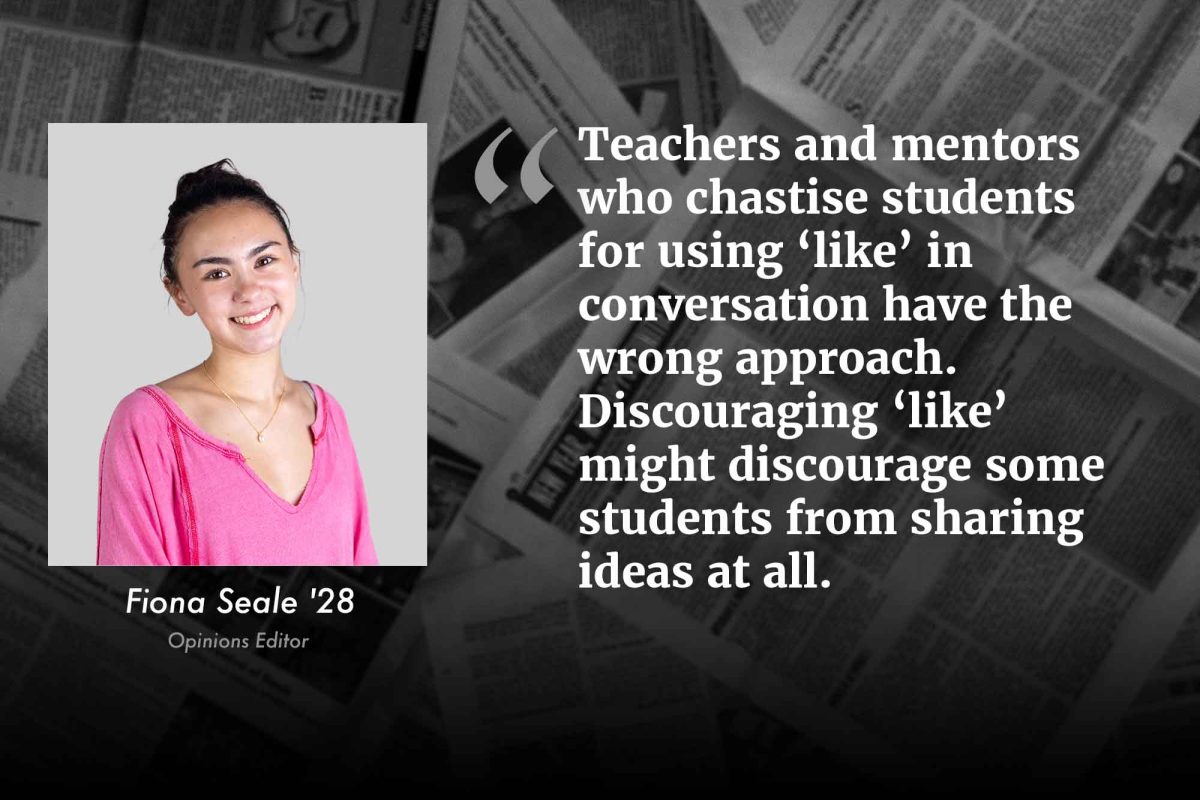On December 5, 2023, presidents of MIT (Massachusetts Institute of Technology), the University of Pennsylvania (UPenn), and Harvard were the focus of a hearing led by Republican New York Representative Elise Stefanik.
They were asked about how they would respond to calls for Jewish genocide at their schools. Their answers stirred up a lot of dissent—and UPenn and Harvard’s presidents resigned soon after.
Colleges have always been viewed as the core of self-expression and free speech. Some of the greatest societal changes have emerged from colleges– especially MIT, UPenn, and Harvard, which are all known for their selectivity and resources.
Free speech is at the center of every political issue, ranging from gun control to abortion. The First Amendment protects our right to free speech, and it has always been a keystone quality of America.
However, when it comes to speech that calls for elimination of the Jewish people—or of any group or race—the answer should be clear. It shouldn’t be tolerated anywhere, even at colleges—especially at colleges, many of which are cultivating the students who will change the world.
Former president of UPenn Elizabeth McGill claimed that it depended on the context and that there would be no punishment unless someone made a specific threat to a certain person.
Even if someone is making a vague threat, there is no way of telling if they will act on it, and simply, people who believe in genocide should not be anywhere near places that claim to be safe learning environments. That is what the presidents should have, and failed, to say.
Colleges such as MIT, UPenn, and Harvard should be held to an even higher standard than others. With higher prestige, they carry higher responsibility, because other colleges will follow in their footsteps.
While there is not always a clear line between free speech and hate speech, a call for genocide is very clearly hate speech, which is defined by the United Nations as “offensive discourse targeting a group or an individual based on inherent characteristics (such as race, religion or gender) and that may threaten social peace.”
Ask yourself: would you feel comfortable being on campus knowing that some of the students there thought that a certain group of people should be killed?
At our very lowest bar, there should be no hate speech at all in any place that considers itself the pinnacle of diversity and inclusion. This means no antisemitism, no Islamophobia, no racism, no bigotry, no homophobia– these are just a few basic rules of respect for other human beings.
Eliminating hate speech does not mean we’re eliminating free speech. It’s our responsibility as students to be a part of a world that knows that.
There is still much discourse over the UPenn and Harvard presidents’ resignations. All three of the presidents are women, with Harvard ex-president Claudine Gay being Black as well.
The Guardian wrote an article on the possibility of racism and sexism at play. It quoted Janai Nelson, the president and direct-counsel of the NAACP Legal Defense Fund. She wrote on X, “Attacks against Claudine Gay have been unrelenting & the biases unmasked. Her resignation on the heels of [UPenn president] Liz Magill’s set dangerous precedent in the academy for political witch hunts. The project isn’t to thwart hate but to foment it thru vicious takedowns. This protects no one.”
The Guardian further quoted other leaders combating racism, citing Ibram X. Kendi, the founder of the Boston University Center for Antiracist Research, who wrote: ‘Racist mobs won’t stop until they topple all Black people from positions of power and influence who are not reinforcing the structure of racism. What these racist mobs are doing should be obvious to any reporter who cares about truth or justice as opposed to conflicts and clicks.’”
Even the grounds of the hearing itself, which is speculated to be an attack on free speech at universities overall, are worth considering.
Any double standard seems unfair. Despite that, if we can hold people accountable, we should start with people in high positions, such as presidents of elite universities. We should continue to probe beyond here, to CEOs and executives because saying you believe in inclusion is very different from actually doing anything about it.
As for the hearing itself, I do hope that the intent was not to eliminate freedom of speech. In terms of that, I strongly disagree with putting gags on college campuses. Both sides of every argument should be heard, and that’s something I have cemented in my values as a student journalist.
But when it comes to genocide, there is only one side, and that is the one that is not calling for the extermination of an entire group. Free speech means exploring all sides of the situation respectfully.
Hate speech isn’t trying to broaden a spectrum of arguments, it’s trying to dominate and hurt other people.















